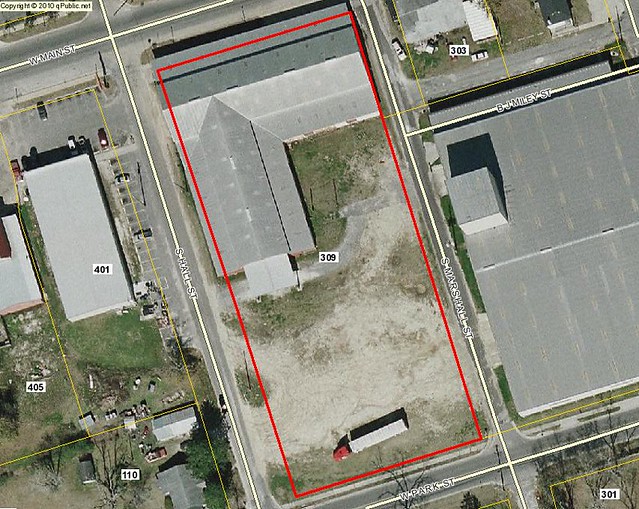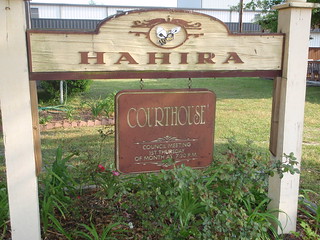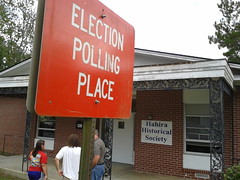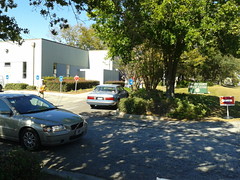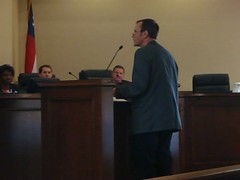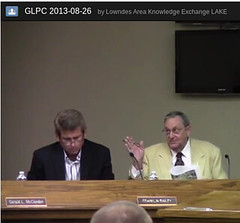 Commissioner Franklin Bailey summed up the Dollar General proposal for Hahira:
Commissioner Franklin Bailey summed up the Dollar General proposal for Hahira:
There’s just a lot here we don’t have.
Hahira City Council votes tonight on the Teramore Development items, which are for a Dollar General (like the one in Naylor), as we discovered at the Greater Lowndes Planning Commission Regular Session 26 August 2013, even though the agenda doesn’t say. GLPC recommended for it, even though engineering details hadn’t been done for water management, the site plan wasn’t finalized, and no solution was proposed for Dollar General’s corporate habit of using sidewalks for cart storage, among many other issues.
Planning Commission Agenda for 2013-08-26,
with links to the videos: Continue reading
